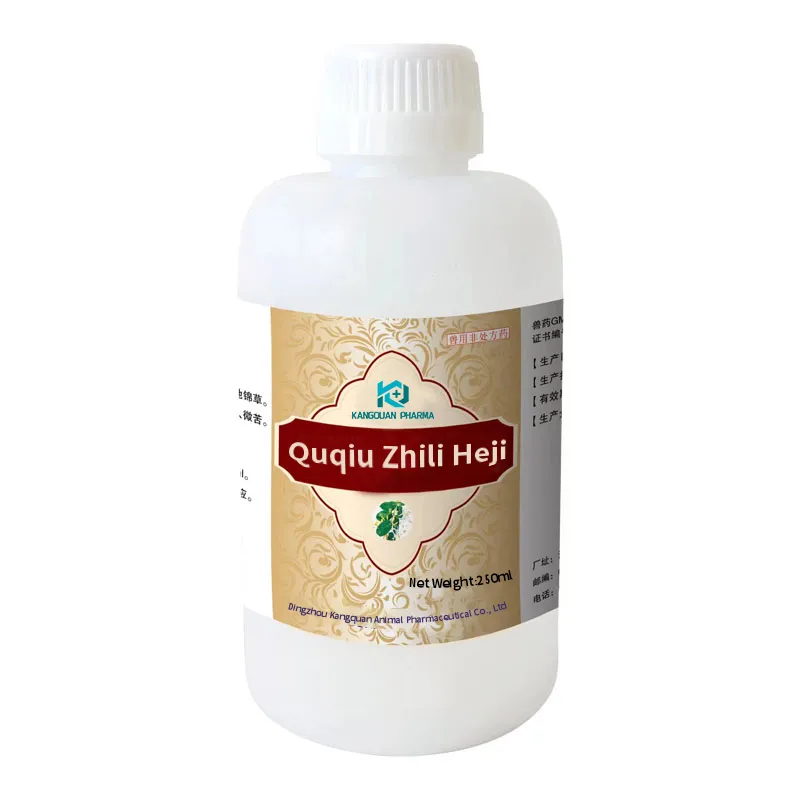- Afrikaans
- Albanian
- Amharic
- Arabic
- Armenian
- Azerbaijani
- Basque
- Belarusian
- Bengali
- Bosnian
- Bulgarian
- Catalan
- Cebuano
- Corsican
- Croatian
- Czech
- Danish
- Dutch
- English
- Esperanto
- Estonian
- Finnish
- French
- Frisian
- Galician
- Georgian
- German
- Greek
- Gujarati
- Haitian Creole
- hausa
- hawaiian
- Hebrew
- Hindi
- Miao
- Hungarian
- Icelandic
- igbo
- Indonesian
- irish
- Italian
- Japanese
- Javanese
- Kannada
- kazakh
- Khmer
- Rwandese
- Korean
- Kurdish
- Kyrgyz
- Lao
- Latin
- Latvian
- Lithuanian
- Luxembourgish
- Macedonian
- Malgashi
- Malay
- Malayalam
- Maltese
- Maori
- Marathi
- Mongolian
- Myanmar
- Nepali
- Norwegian
- Norwegian
- Occitan
- Pashto
- Persian
- Polish
- Portuguese
- Punjabi
- Romanian
- Russian
- Samoan
- Scottish Gaelic
- Serbian
- Sesotho
- Shona
- Sindhi
- Sinhala
- Slovak
- Slovenian
- Somali
- Spanish
- Sundanese
- Swahili
- Swedish
- Tagalog
- Tajik
- Tamil
- Tatar
- Telugu
- Thai
- Turkish
- Turkmen
- Ukrainian
- Urdu
- Uighur
- Uzbek
- Vietnamese
- Welsh
- Bantu
- Yiddish
- Yoruba
- Zulu
9 月 . 07, 2024 14:45 Back to list
What Kills Worms in Dogs
What Kills Worms in Dogs?
Parasites, particularly worms, can pose severe health risks to dogs, making it essential for pet owners to understand how to protect their furry friends from these unwelcome guests. Worms can take various forms, including roundworms, tapeworms, hookworms, and whipworms, each presenting unique challenges and requiring different treatments. In this article, we will explore what kills worms in dogs and how to prevent infestations.
The first step in addressing a worm infestation in dogs is to identify the type of worm present. Veterinarians can determine the specific type through fecal exams, which will reveal the presence of eggs or segments of the worm. Once identified, the veterinarian can recommend the appropriate treatment.
Most intestinal worms in dogs can be effectively treated with deworming medications, which are designed to kill the worms and expel them from the dog’s system. Commonly used medications include praziquantel, which is effective against tapeworms; pyrantel pamoate, useful for roundworms and hookworms; and fenbendazole, which targets a variety of intestinal parasites. These medications can be administered orally, and the dosage will depend on the dog’s weight and the specific worm type.
what kills worms in dogs

In addition to pharmaceutical solutions, natural treatments can also help eliminate worms from dogs. Ingredients such as pumpkin seeds, which contain compounds that can paralyze worms, can be beneficial when included in a dog’s diet. Additionally, diatomaceous earth, made from fossilized algae, is sometimes recommended to kill parasites in the digestive tract. However, consulting a veterinarian before trying natural remedies is key, as they can provide guidance on effective dosages and safety.
Prevention is the best approach when it comes to dealing with worms in dogs. Regularly administering preventative medications, such as heartworm preventatives that also target intestinal parasites, can significantly reduce the risk of an infestation. Additionally, maintaining good hygiene by cleaning up after your pet and ensuring they do not have access to feces or contaminated soil can help keep worms at bay.
Lastly, regular veterinary check-ups are crucial. Annual fecal tests can catch worm infestations before they become severe, allowing for prompt treatment and minimizing health risks to your dog. Keeping vaccinations up to date will also ensure that your pet’s immune system remains strong, aiding in the fight against parasites.
In conclusion, while worms pose a significant threat to dogs, there are effective treatments and preventative measures available. Understanding what kills worms in dogs and adopting a proactive approach can keep your beloved companion healthy and happy for years to come.
-
The Power of Radix Isatidis Extract for Your Health and Wellness
NewsOct.29,2024
-
Neomycin Sulfate Soluble Powder: A Versatile Solution for Pet Health
NewsOct.29,2024
-
Lincomycin Hydrochloride Soluble Powder – The Essential Solution
NewsOct.29,2024
-
Garamycin Gentamicin Sulfate for Effective Infection Control
NewsOct.29,2024
-
Doxycycline Hyclate Soluble Powder: Your Antibiotic Needs
NewsOct.29,2024
-
Tilmicosin Premix: The Ultimate Solution for Poultry Health
NewsOct.29,2024













